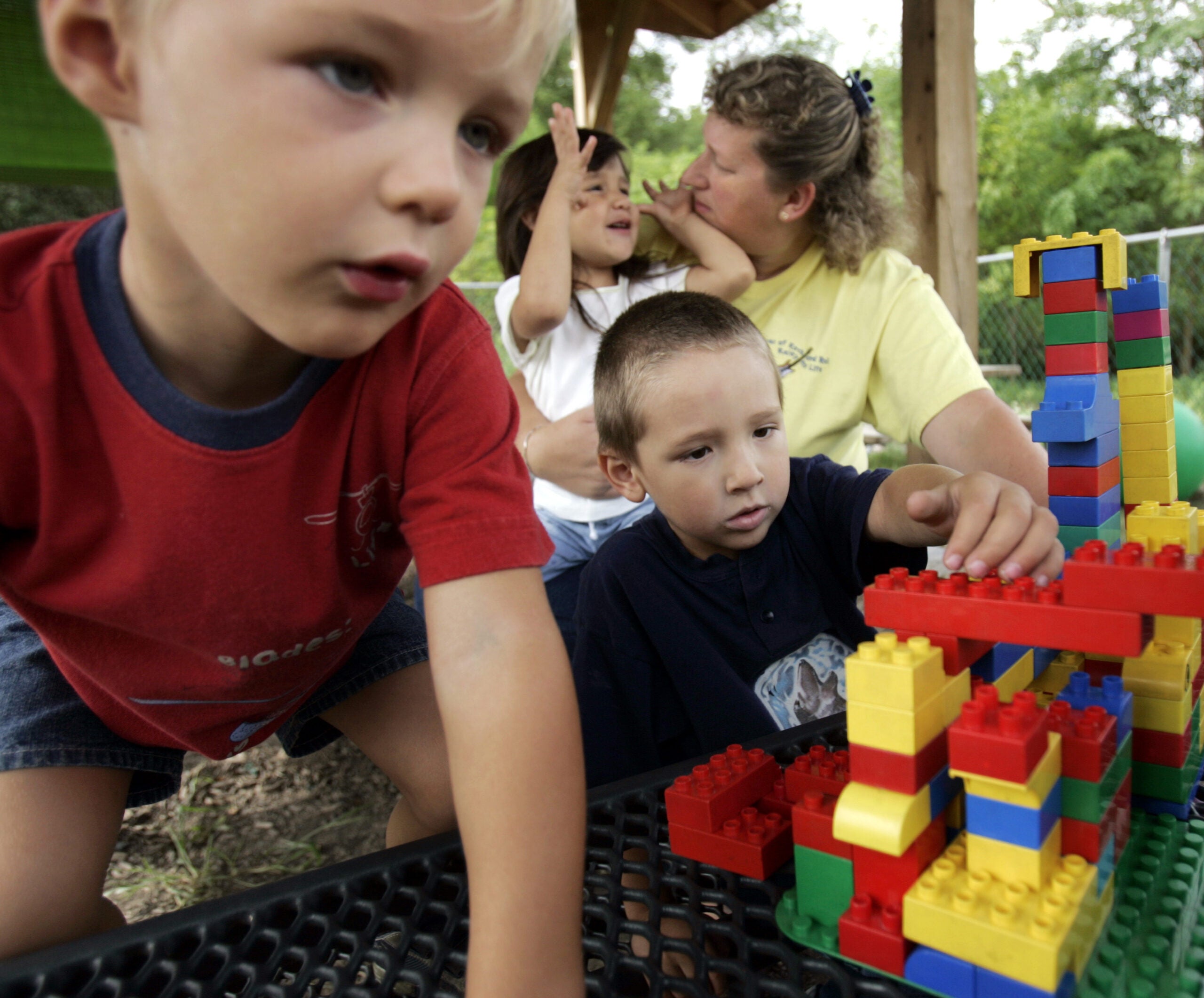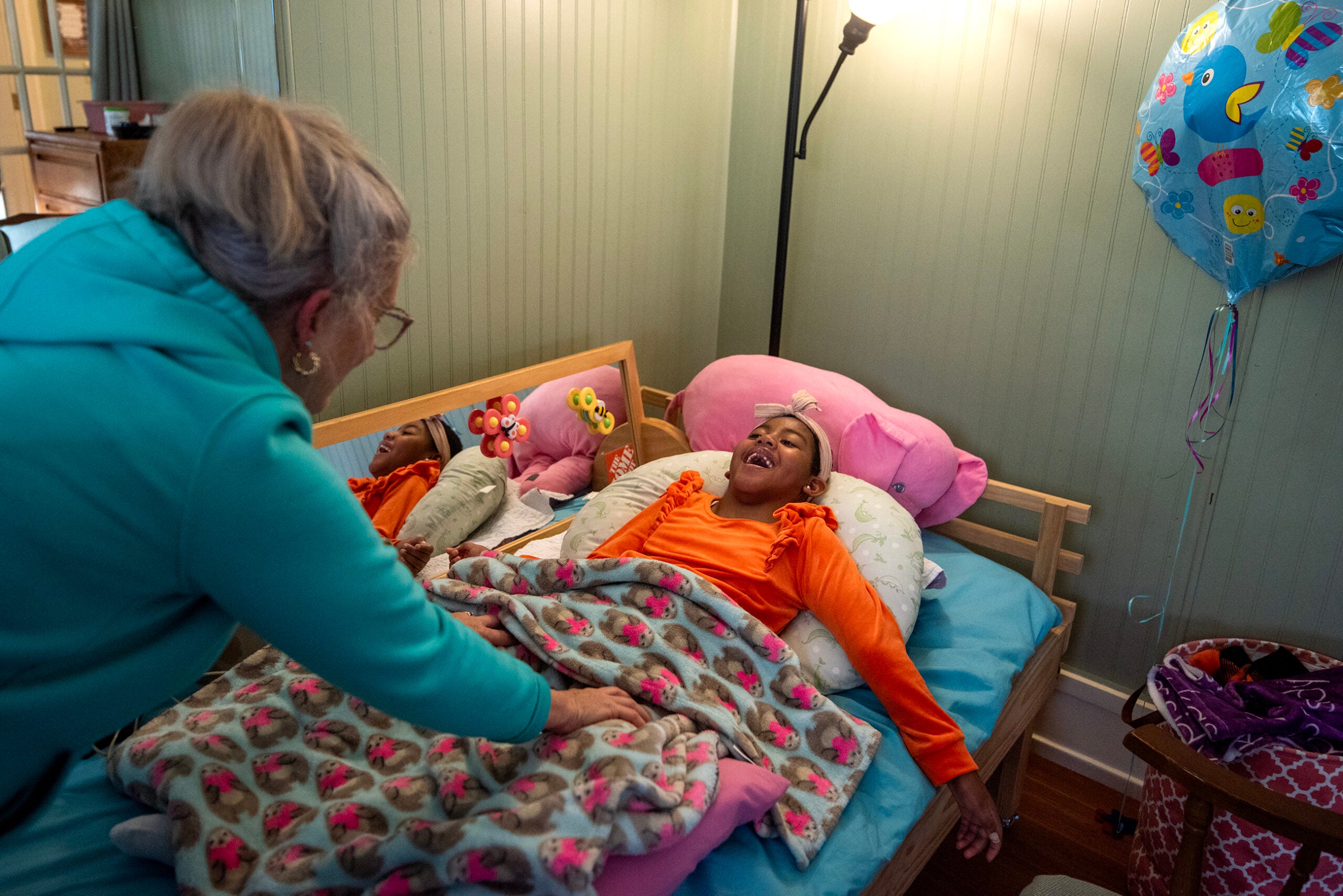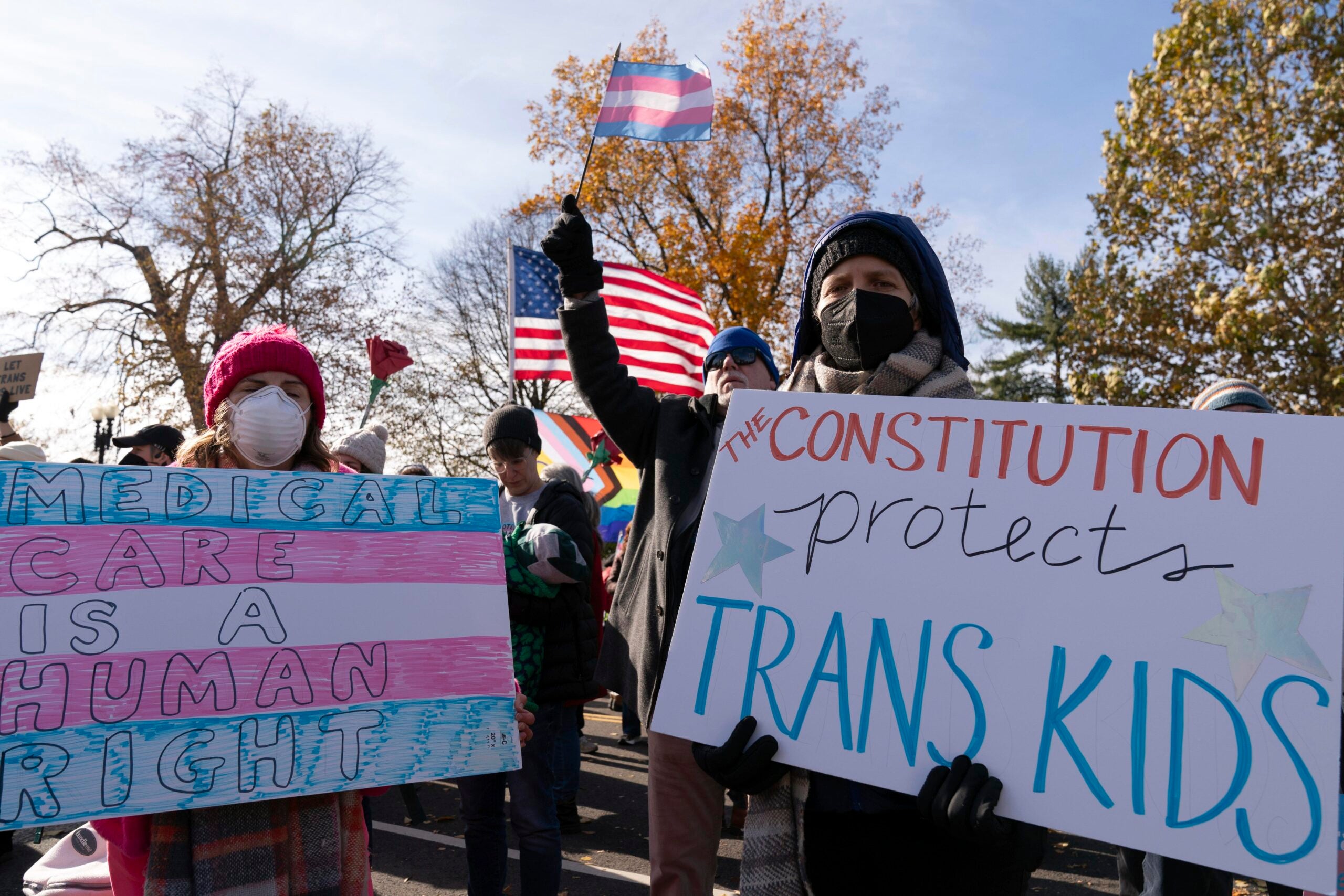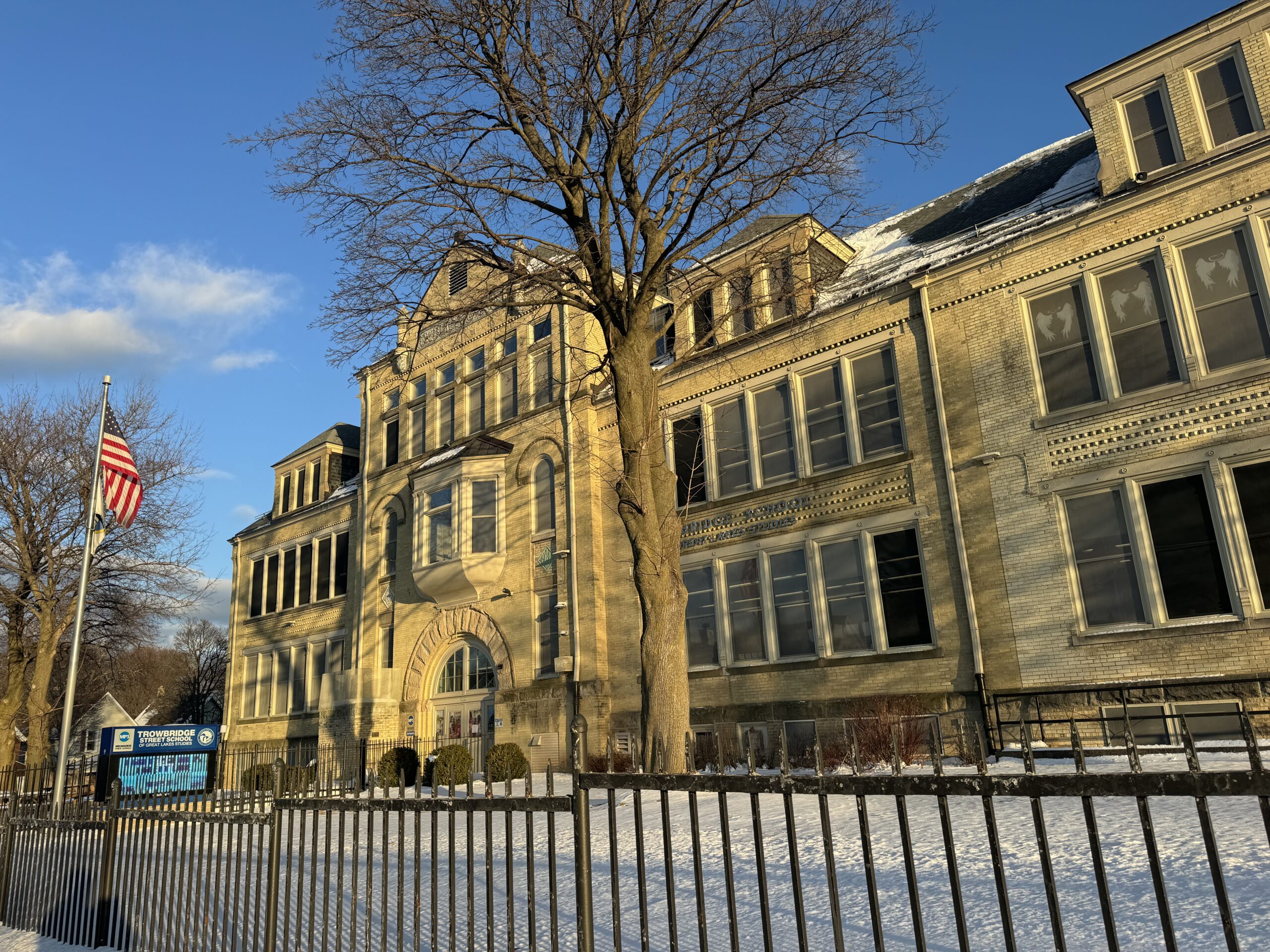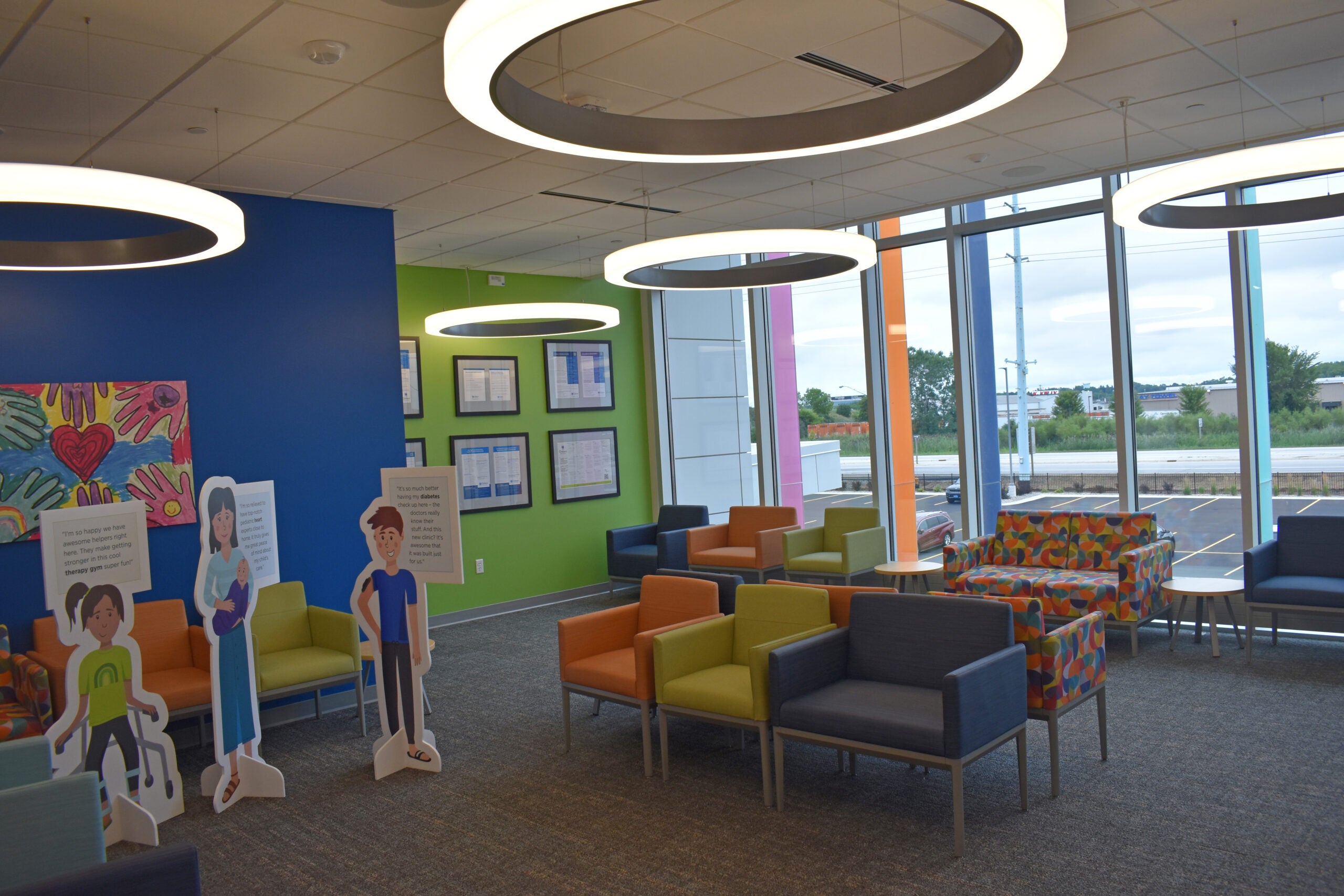Around one-quarter of Wisconsin’s child care providers have preemptively closed due to social distancing restrictions aimed at slowing the spread of the new coronavirus. At the same time, the state Department of Children and Families has launched an unprecedented effort to pair existing day cares with families working in health care and other essential jobs.
Wisconsin’s child care industry has been rocked by steps taken by Gov. Tony Evers aimed at protecting citizens from COVID-19. It started when all public schools were ordered closed by March 18. Then, bars and restaurants were closed and gatherings of 10 people or more were banned. On Tuesday, March 24 the governor issued a “safer-at-home” order that closed all businesses except those deemed essential.
For Carol Brenner’s Childcare in Eau Claire, it was all too much. Owner and namesake Carol Brenner said all of her clients disappeared in an instant.
News with a little more humanity
WPR’s “Wisconsin Today” newsletter keeps you connected to the state you love without feeling overwhelmed. No paywall. No agenda. No corporate filter.
“Well, it’s pretty much shut it down because every customer that I have either works in a school, in a dental office, at the university or they have been able to transfer their offices to work from their homes,” said Brenner. “So, nobody needs child care at the moment.”
Brenner said while she has contracts with parents she’s decided not to charge them.
“Because I already had one person quit when I suggested that they pay for one week,” said Brenner. “And that was right when it was all starting and I didn’t know how long it was going on for.”
As part of his safer-at-home order, Evers required child care facilities to prioritize care for families working in health care, military, long term care, pharmacies, child care, government, public safety and grocery stores.
Brenner said she’s considered taking kids from health care workers if there’s an increase in child care demand in the Eau Claire area.
“But I’m in my 60s,” she said. “So, I’m nervous about it. I don’t know that I want health care workers that are coming from germy hospitals bringing their children here because of my husband and my safety. So, I’m not comfortable with it.”
Department of Children and Families (DCF) Secretary Emily Amundson said an unprecedented effort has been underway to gauge child care supply and demand in real time. She said through surveys and calls, the department has learned that around a quarter of the state’s child care centers have closed since social distancing efforts were enacted. But Amundson said DCF employees have been working to pinpoint where the need is located.
“We’ve been able to figure out that there are about 3,500 families from across Wisconsin that are working across Wisconsin in critical health care fields that have identified that they need care,” Amundson told WPR. “So, our job, really all hands on deck, is to find care for those folks.”
Currently Amundson said DCF staff have been working to connect day care centers with extra space with parents who cannot stay home with their kids. Also, she said the department has relaxed some of the myriad of regulations for the child care industry. Specifically, Amundson said DCF is allowing licensed child care providers to open another day care center under their current license.
“We’re looking to take what providers already know and can do in their sleep and help them to replicate best practices in this critical time,” Amundson said. “So, we’ve been able to clear a lot of hurdles to grow these pop-up centers.”
Tawana Watkins is the owner of Bright Minds Family Childcare in Milwaukee. She said they’ve lost around 15 percent of their kids since more parents are staying home. But Watkins said that means she can work with the state and take on additional kids from families working in essential jobs.
“If there are any families in need we have DCF working for us and other great agencies in the child care field that can actually bring us to the families we are looking to help,” said Watkins.
Watkins said, while she hopes things stay relatively calm amid the COVID-19 outbreak in Wisconsin, but she could use her existing license to reopen a facility in Milwaukee’s north side.
“We have it still there and if need be, I would love to go over back to the north side and help families,” she said.
Ruth Schmidt is the executive director of the Wisconsin Early Childhood Association, the trade group for the state’s child care providers. She told WPR the current situation is further complicated by the fact that the state has lost more than 60 percent of its regulated child care homes over the past decade.
“We already had a shortage of child care in Wisconsin and this is just sort of elevating what that crisis looks like as we have more demand for essential workers and more demand for children coming in because they aren’t in school right now,” said Schmidt.
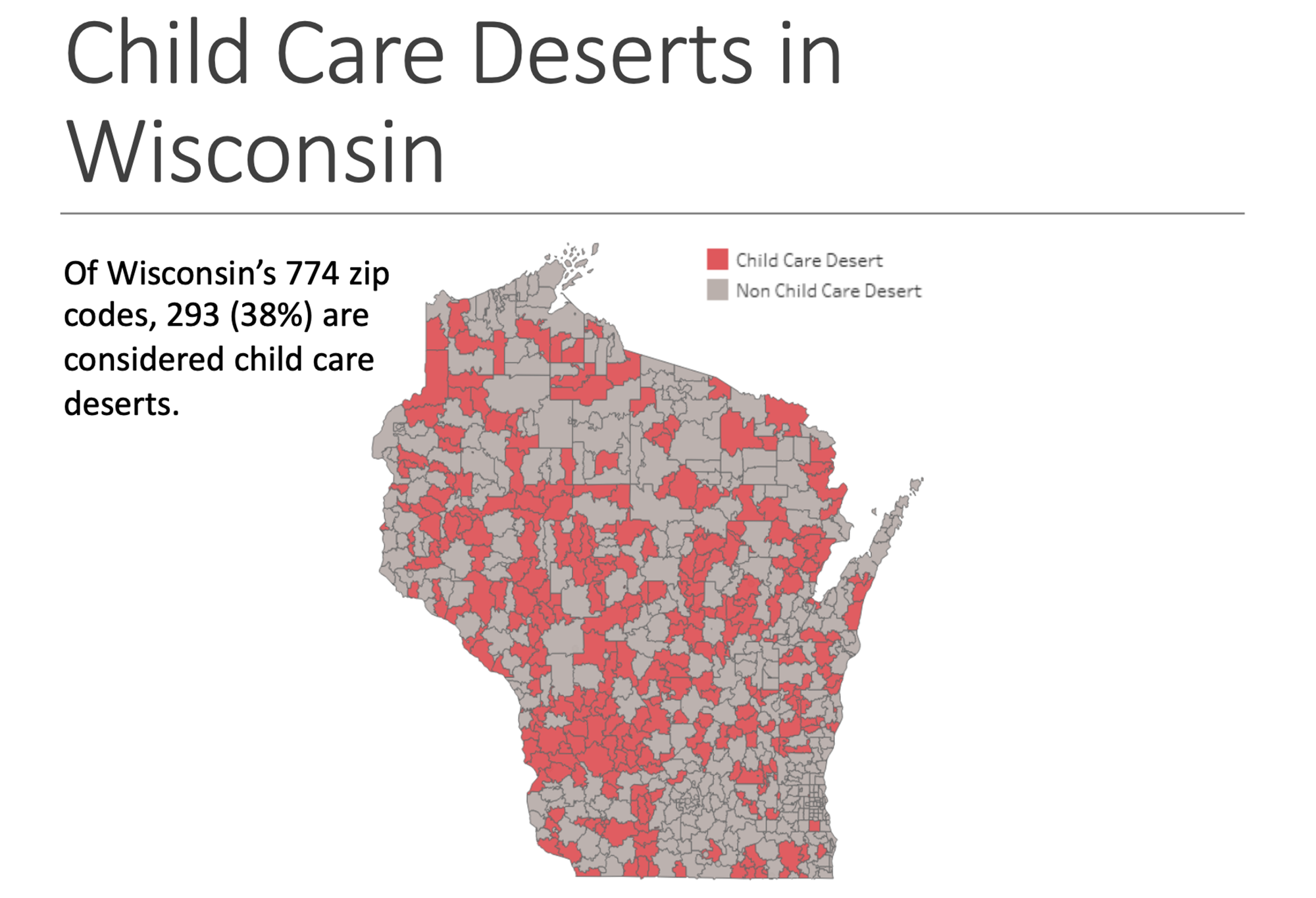
According to a 2018 report from the Department of Children and Families, 38 percent of the state is considered a child care desert. That means there are no licensed day care providers or less than one opening for every three children. Western Wisconsin stood out in the report with more than 51 percent of the region deemed a child care desert.
Secretary Amundson said she’s hopeful that those child care facilities that closed preemptively amid COVID-19 concerns will reopen after things return to normal. In the meantime, she said they’re working with partners like the YMCA and the Boys & Girls Club to expand day care options.
Wisconsin Public Radio, © Copyright 2025, Board of Regents of the University of Wisconsin System and Wisconsin Educational Communications Board.

